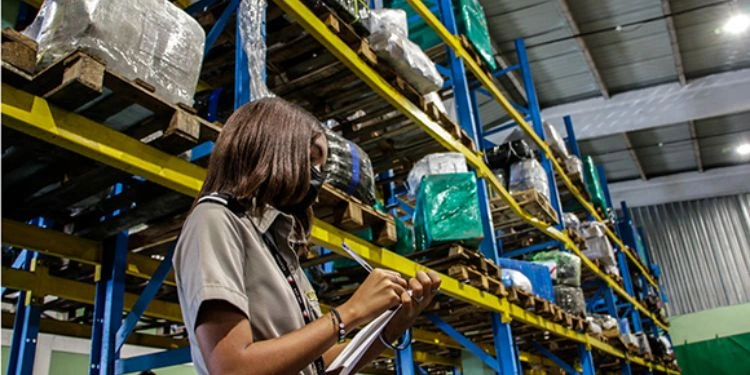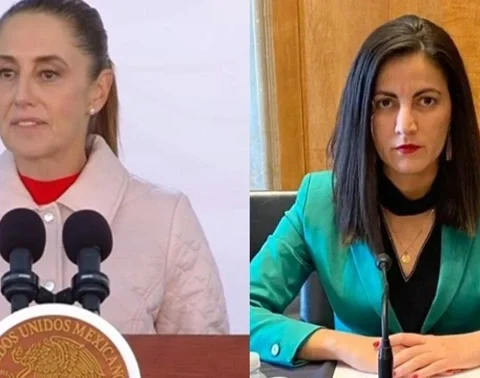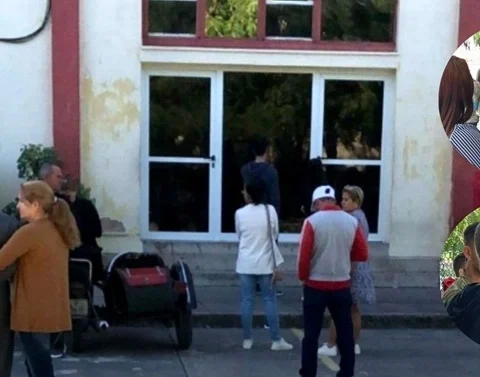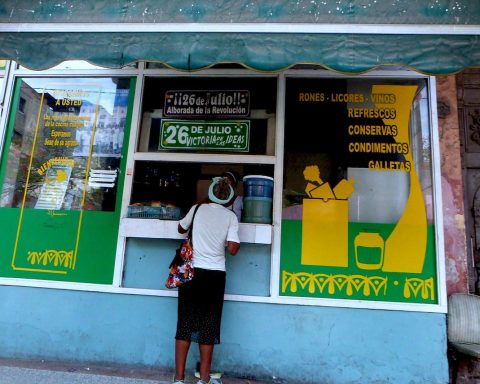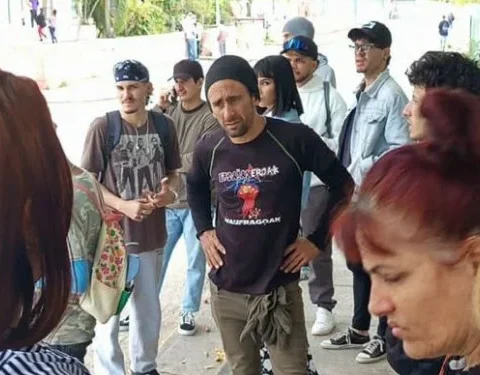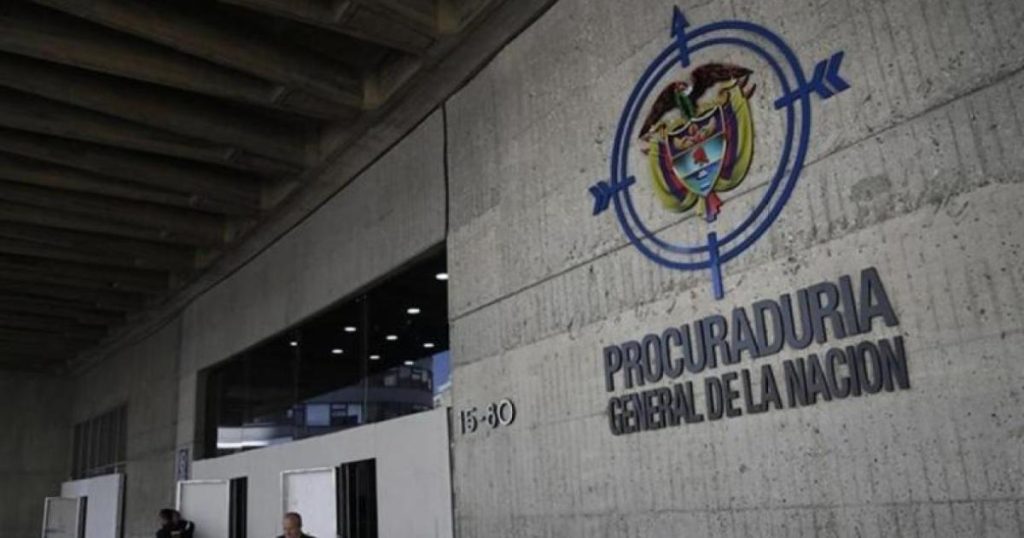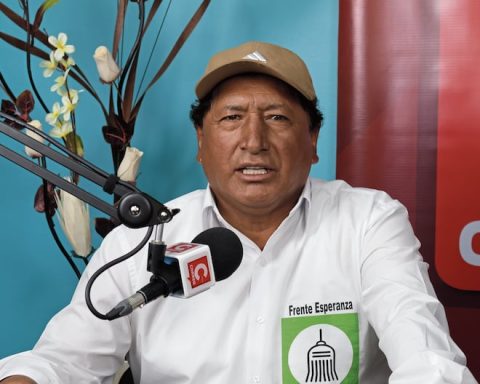SLP, Mexico.- This Thursday, November 21, the Ministry of Finance and Prices of Cuba announced, through Resolution 329/2024which exempts the payment of duty to the import of fertilizers, feed, veterinary medicines and pesticides.
According to the regulations, published in the Official Gazette of the Republic of Cuba, Economic actors will be able to import goods intended for production processes without paying customs taxes until December 31, 2025.
According to the Minister of Finance Vladimir Regueiro Ale, this is intended to “stimulate” national production, especially food, in the midst of an economic crisis and food shortage in the country.
“It is continuity, since at the beginning of the year, with Resolution 7, a 50% reduction in the payment of tariffs for inputs and raw materials for these production processes was approved. Both state and non-state economic actors could access this benefit,” he told the press official
Among the products exempt from tariffs, those of an agricultural or food nature stand out: fertilizers, chemical fertilizers, seeds, cereals (wheat, corn, sorghum, oats, among others), flours, oils and sugar products.
Veterinary and pharmaceutical products also appear, such as medications, vitamins, antibiotics, diagnostic reagents; industrial and agricultural, such as paints, varnishes, pesticides, agricultural tools, steel and aluminum wires and packaging and materials: plastic bags, paper boxes, cardboard and wood.
Companies that wish to access the benefit must submit a formal request to the Minister of Finance and Prices, according to the document with the requirements for the procedure.
According to the Minister of Finance, “the fiscal sacrifice” (the money that has not been collected for the tariff exemption) amounts to about 25 million pesos, especially among non-state economic actors, “who for the most part have requested this permission”.
A sector in crisis
In October, the Minister of Agriculture of Cuba, Ydael Pérez Brito, recognized that agricultural production on the Island is in a critical situationwith severe difficulties in the production of basic foods and a drastic drop in several key sectors.
The official explained that the crisis is marked by the lack of fuel, supplies and structural problems in the country’s productive system.
Pérez Brito highlighted the alarming decrease in poultry and pork production. “Four years ago we had eight million chickens, today we have three million. As for breeding pigs, we have gone from having 96,000 to only 26,000,” he stated.
As to egg productionthe situation is even more serious. “We produced between four and five million eggs a day, but currently we produce less than 200,000,” said the minister.
The minister acknowledged that production in 2024 has been insufficient to meet the country’s needs. “We are decreasing in relation to the production of important foods such as eggs, pork, milk and beef,” he noted.
For his part, economist Pedro Monreal, in his analysis of the appearance, questioned the lack of self-criticism and the absence of clear statistics. “The crisis began before the pandemic, and agricultural policy has been incapable of resolving it,” expressed on the social network.
